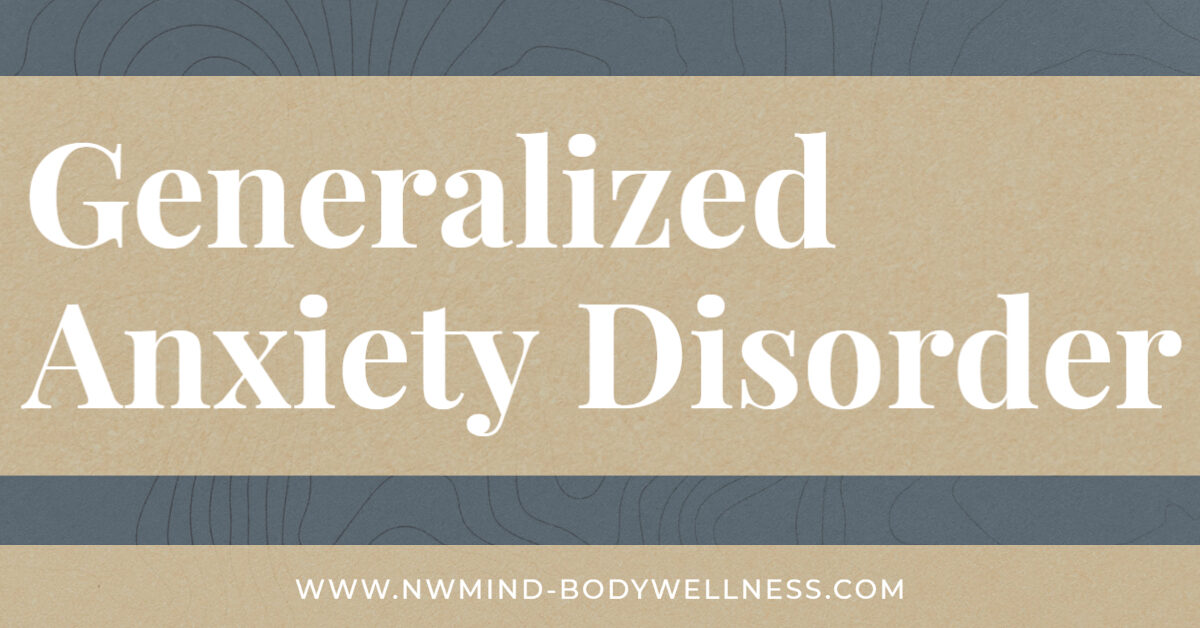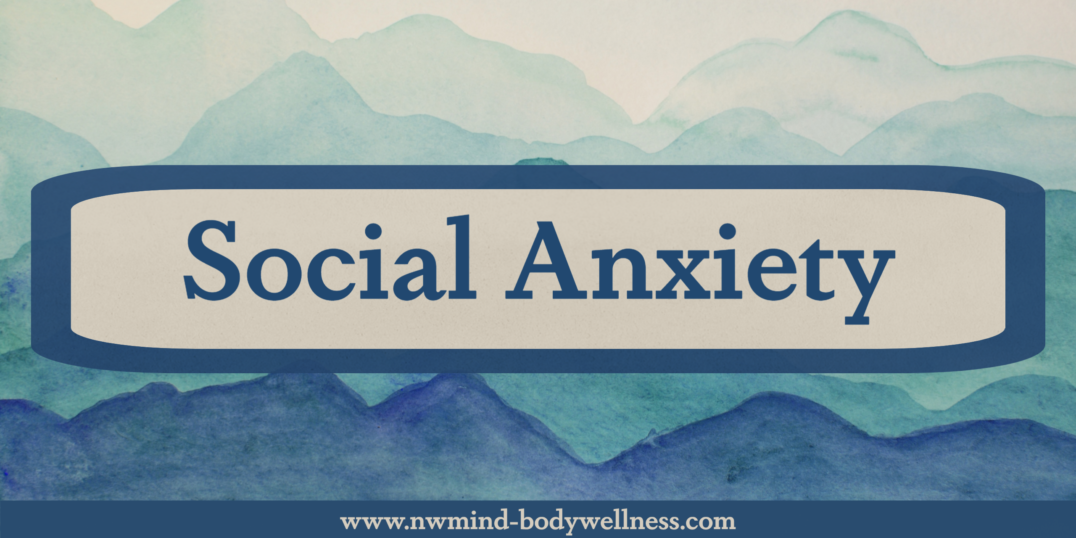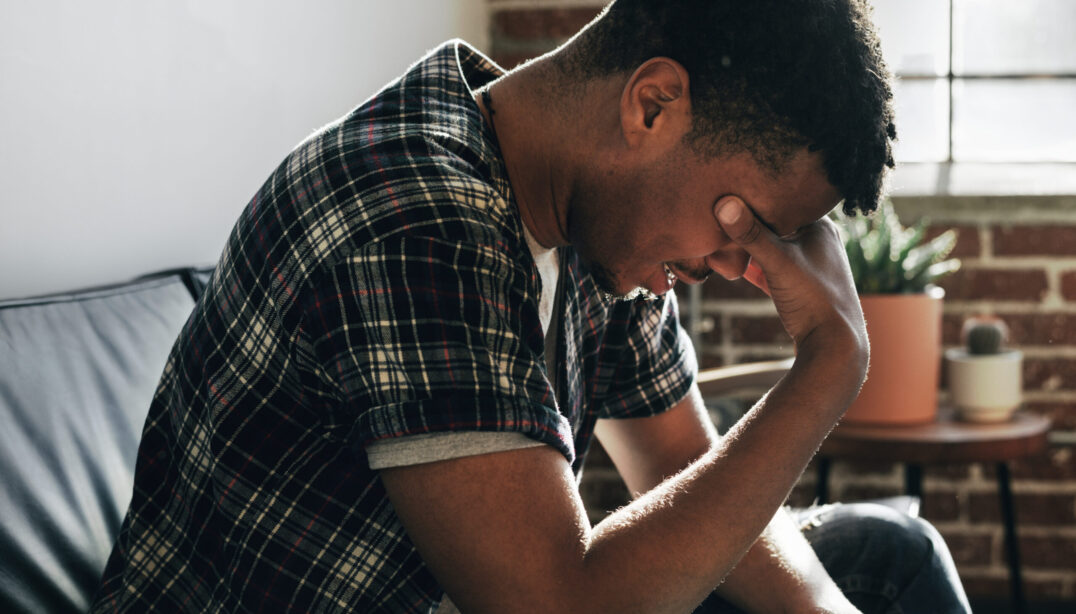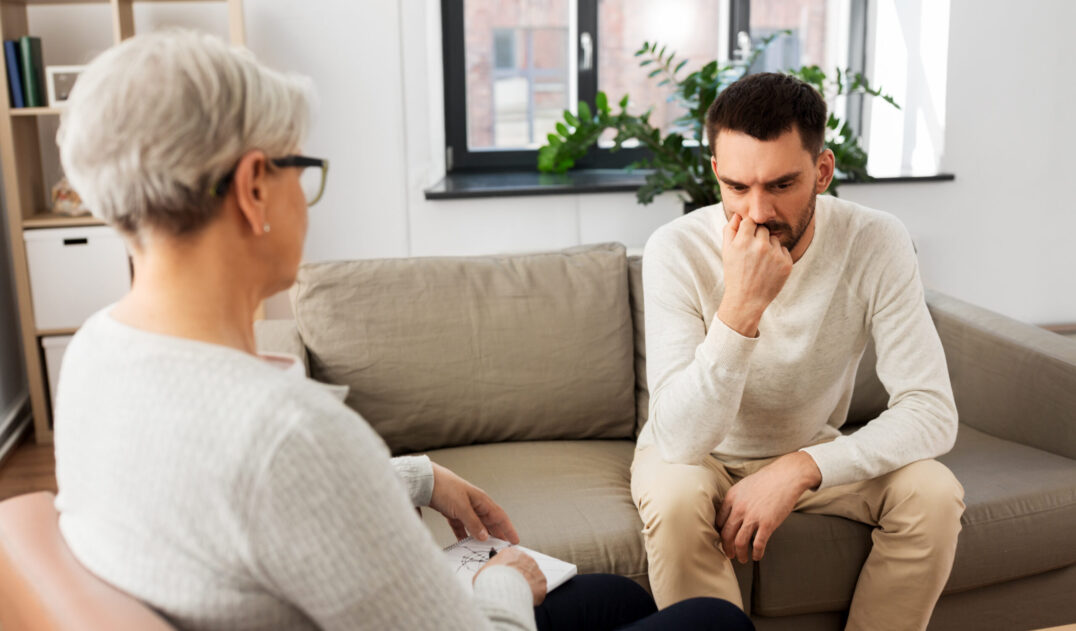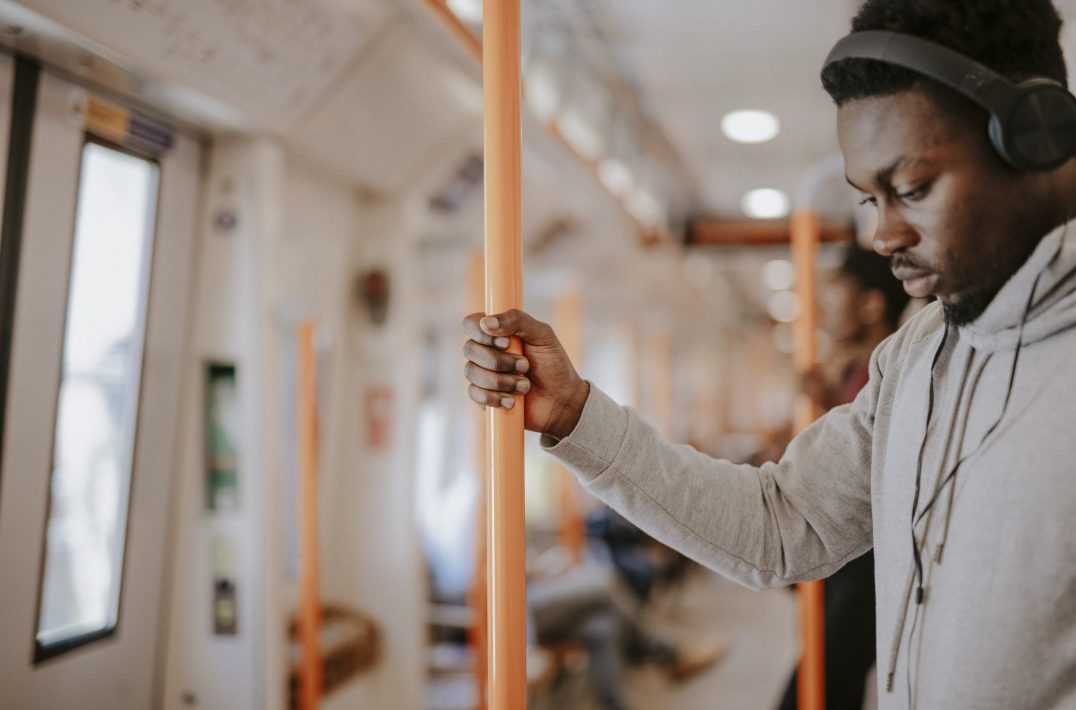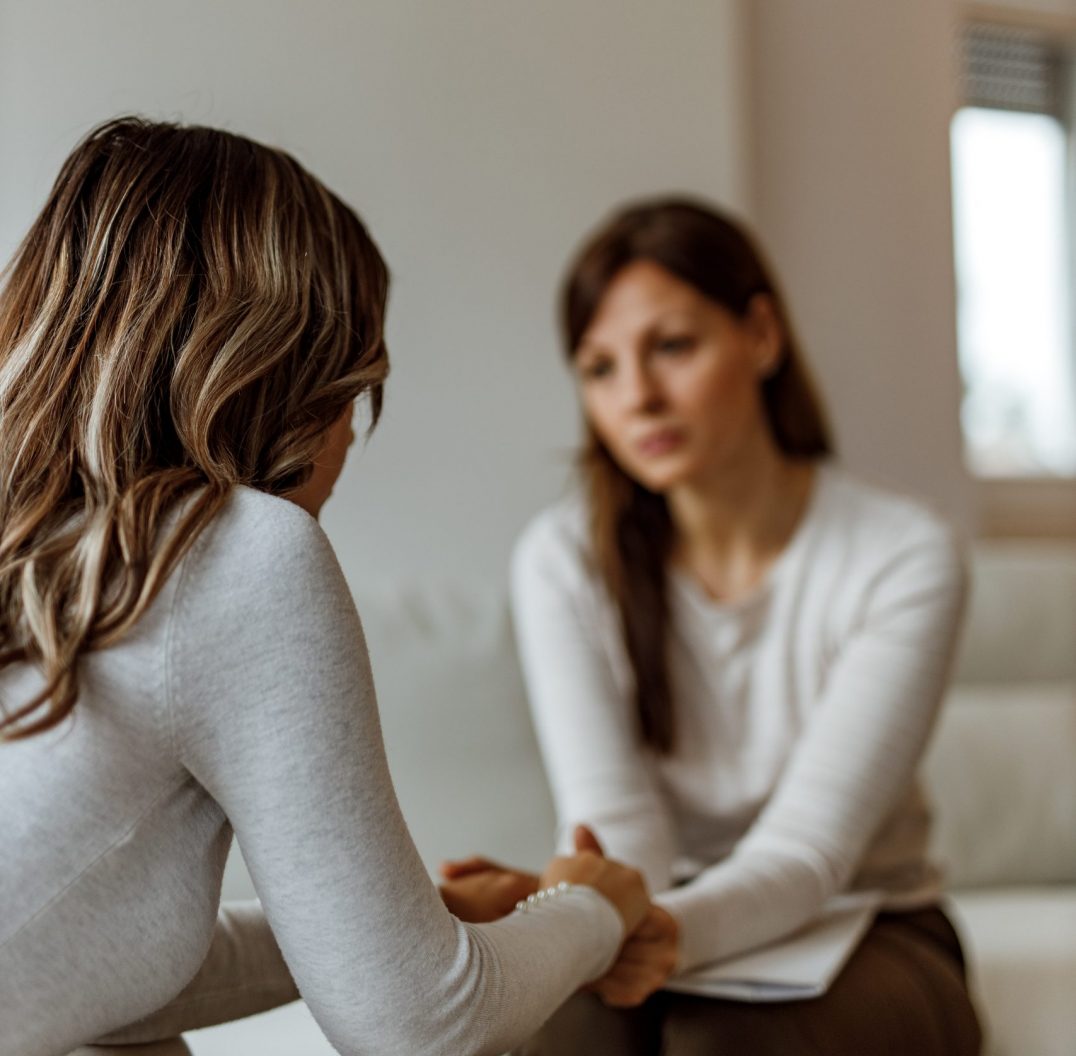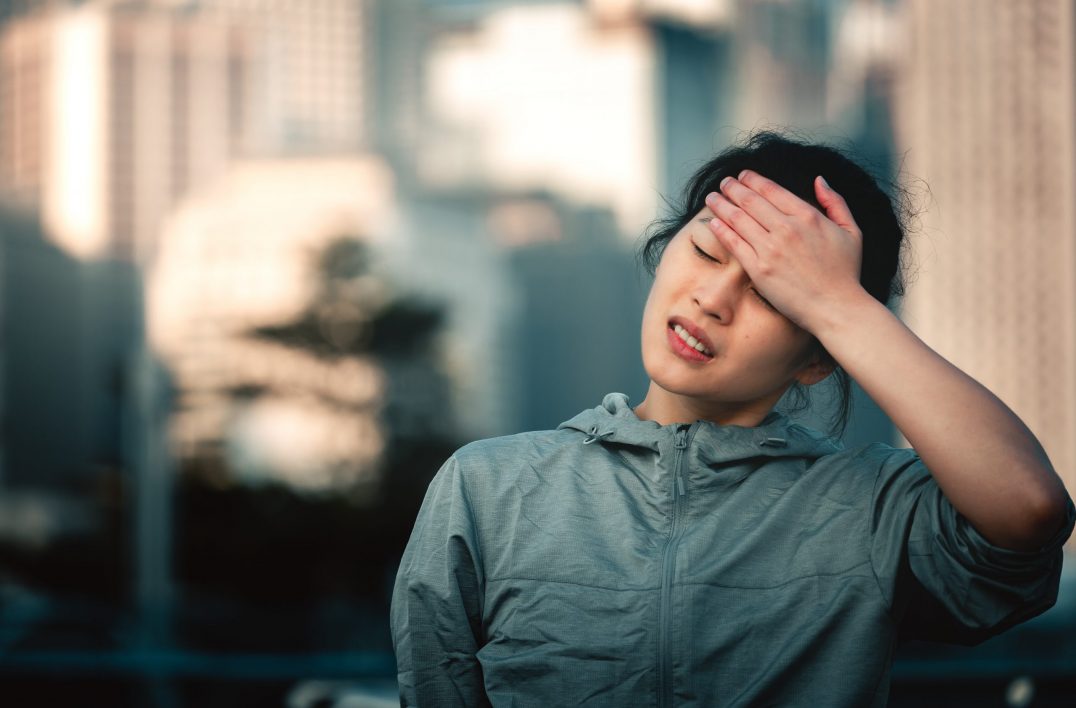Generalized Anxiety Disorder
Generalized Anxiety Disorder (GAD) is characterized by persistent and excessive anxiety over a number of things. Many people occasionally feel anxious. However, individuals may be diagnosed with GAD if they experience ongoing anxiety that interferes with daily life.
Anxiety disorders are the most common mental health concern in the US, according to the National Institute of Mental Health. In many cases, GAD also occurs along with other anxiety or mood disorders.
Living with GAD can be a long-term challenge, however, many find treatment beneficial. Treatment plans commonly include medication, therapy, and lifestyle changes. Many individuals find relief of some, if not all, symptoms of GAD with treatment.
SYMPTOMS
Common symptoms of generalized anxiety disorder include:
- Overthinking and planning for worst-case scenarios
- Persistent worry or anxiety about everyday things
- Difficulty with uncertainty
- Having a hard time concentrating
- Indecisiveness and fear of making the wrong decision
- Feeling restless or having trouble relaxing
- Irritability
Common physical symptoms of GAD include:
- Trouble falling asleep or staying asleep
- Fatigue
- Sweating
- Headaches, stomachaches, or muscle aches
- Nausea or diarrhea
Treatment
Treatment can often provide individuals relief from symptoms. Plans may vary but commonly include:
- Psychotherapy
- Psychotherapy (talk therapy) helps reduce symptoms of GAD for many. Cognitive behavioral therapy (CBT) has been found to be the most effective form of psychotherapy in the treatment of GAD. CBT teaches individuals skills to help them manage worries or feelings of anxiety. This process allows individuals to overcome symptoms of anxiety.
- Medication
- Antidepressants, including medications in the selective serotonin reuptake inhibitor (SSRI) and serotonin and norepinephrine reuptake inhibitor (SNRI) classes, are the most commonly used medications to treat GAD.
- Anti-anxiety medications, such as Buspirone, may also be used to treat GAD.
- Benzodiazepines, which are anti-anxiety sedative medications, may also be prescribed to treat symptoms of anxiety in limited circumstances. These medications can be helpful in rapidly decreasing symptoms of anxiety. However, they are often habit forming, causing them to typically be prescribed on only a short-term basis.
Finding TREATMENT AND RESOURCES
- To learn more about generalized anxiety disorder, we recommend contacting your health care provider.
- To read more about GAD, the following resources are suggested:
Return to home page: https://nwmind-bodywellness.com/
Read more articles: https://nwmind-bodywellness.com/articles/
